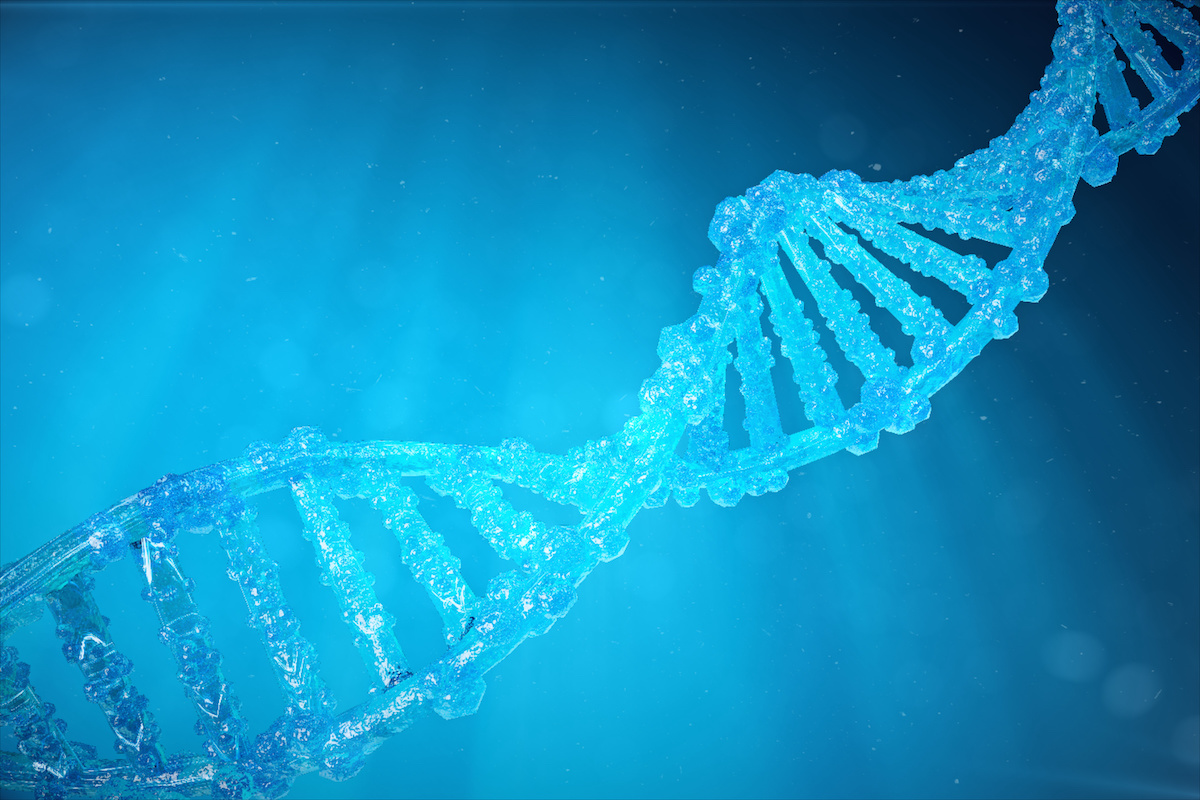
Gene therapy, as we have often discussed, is still in its early days; meaning there are lots of lessons to be learned and new challenges that arise to ensuring all patients can one day have access to these potential therapies.
As many families may have noted over the past year, a number of the microdystrophin gene replacement trials have modified their inclusion criteria to restrict patients with certain genetic variants from being eligible for receiving these investigational products. This is due to a number of Serious Adverse Events (SAEs) seen in patients with specific genetic variants that are believed to have contributed to the events.
Over the past few years the focus in the community has been around antibodies to adeno-associated virus (AAV), the vectors used to transport the microdystrophin transgene into the muscle cells. Recently, there have been a few cases of patients having an immune response to the newly produced microdystrophin around a month following dosing (5 patients to-date). In these instances, it is hypothesized that the body may be recognizing the parts of the new microdystrophin protein as a neo-antigen (or foreign), so the immune system treats it like other foreign proteins and will target the cells harboring the neo-antigen.
In order to address this new issue, Dr. Francessco Muntoni, MD, Great Ormond Street Institute of Child Health in London and Dr. Carsten Bonnemann, MD, National Institute of Health, brought together the four companies with ongoing microdystrophin gene therapy programs to discuss these SAEs.
The objective of the working group is to share data and better understand the cause of these SAEs and how we may be able to treat those patients with genetic variants that may be at higher risk for an SAE.
Below you will find the first presentation from this group to a number of patient organizations. This video is being shared to help you and your family understand what happened in these instances and how the companies are working to address them.
We will continue to share updates with the community from this working group as they strive for a better understanding of what is causing the immune response and work towards developing potential solutions. PPMD continues to fund research aimed at the immune response in gene therapy through our Gene Therapy Initiative in order to address challenges and realize the possibility of safely delivering gene therapy to all patients as we fight to end Duchenne.



 by: Parent Project Muscular Dystrophy
by: Parent Project Muscular Dystrophy

